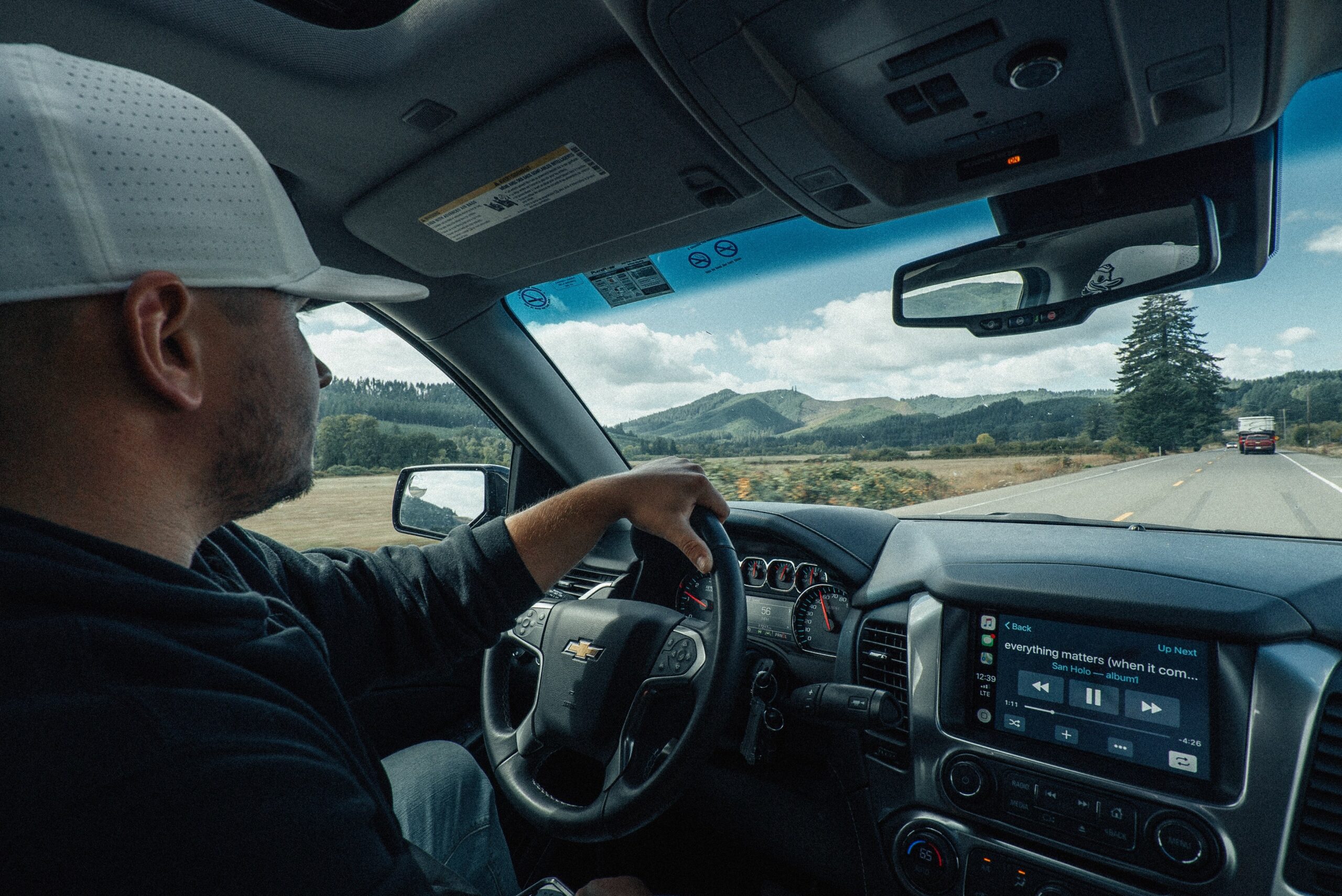Major Life Purchases That You Should Plan For

May 02 | 2021

While it’s possible to be frugal with many aspects of your lifestyle, there are certain events and possessions that will require you to spend a substantial amount of money. Thus, a wise course of action is to begin saving well ahead of time while thinking about your goals for the future. This way, you’ll be



